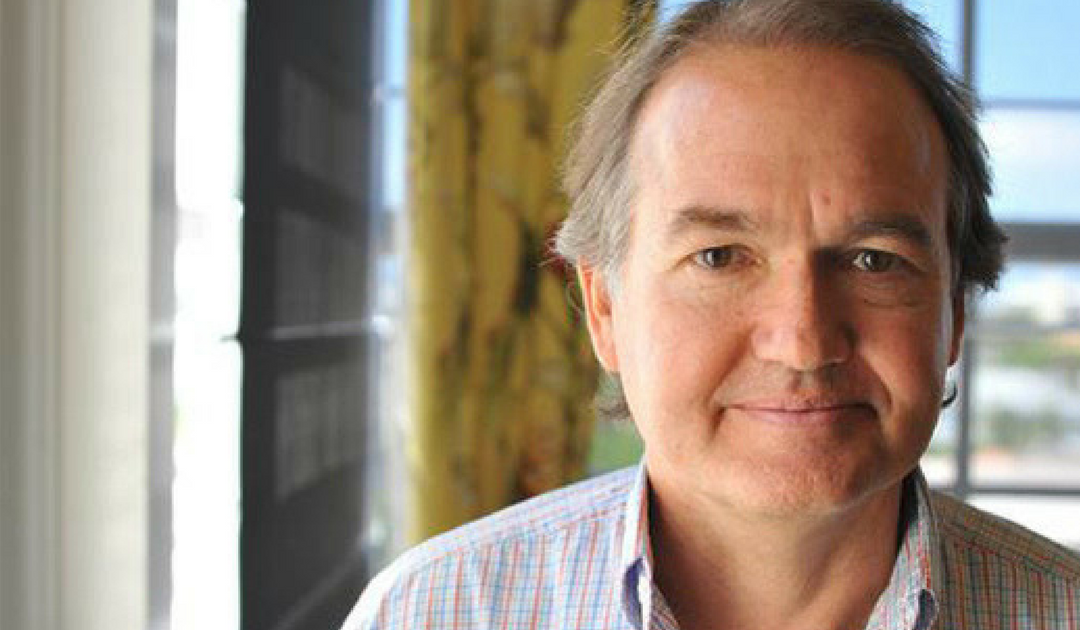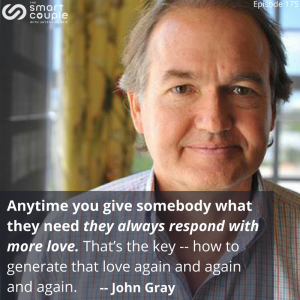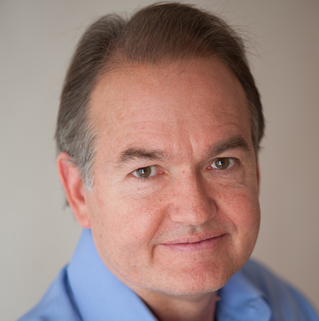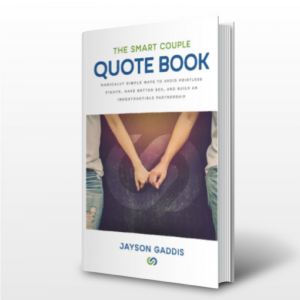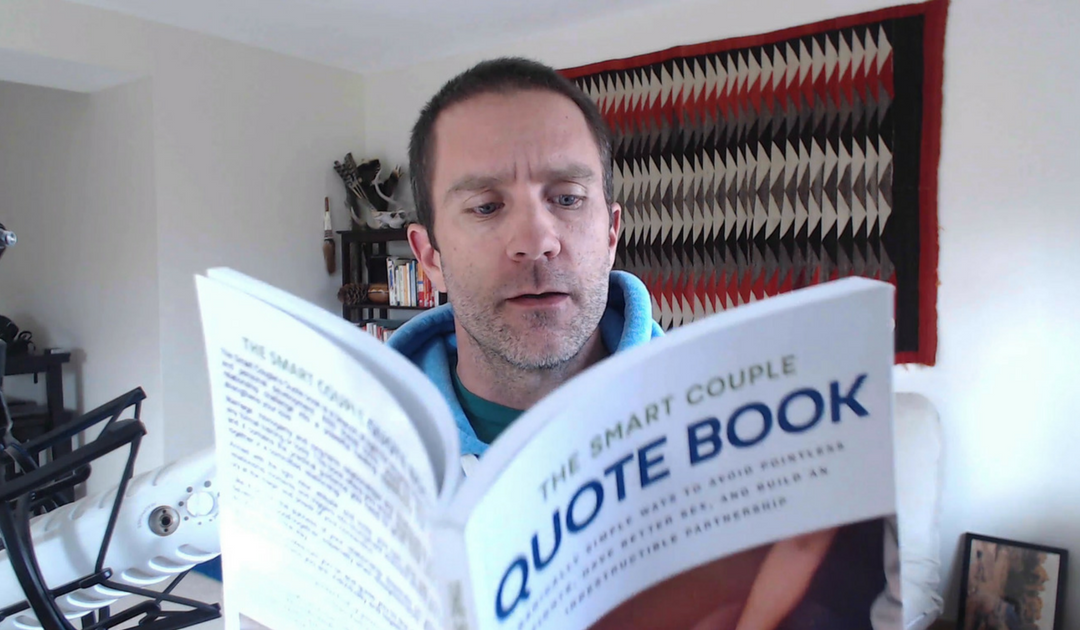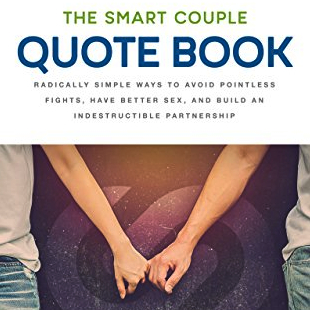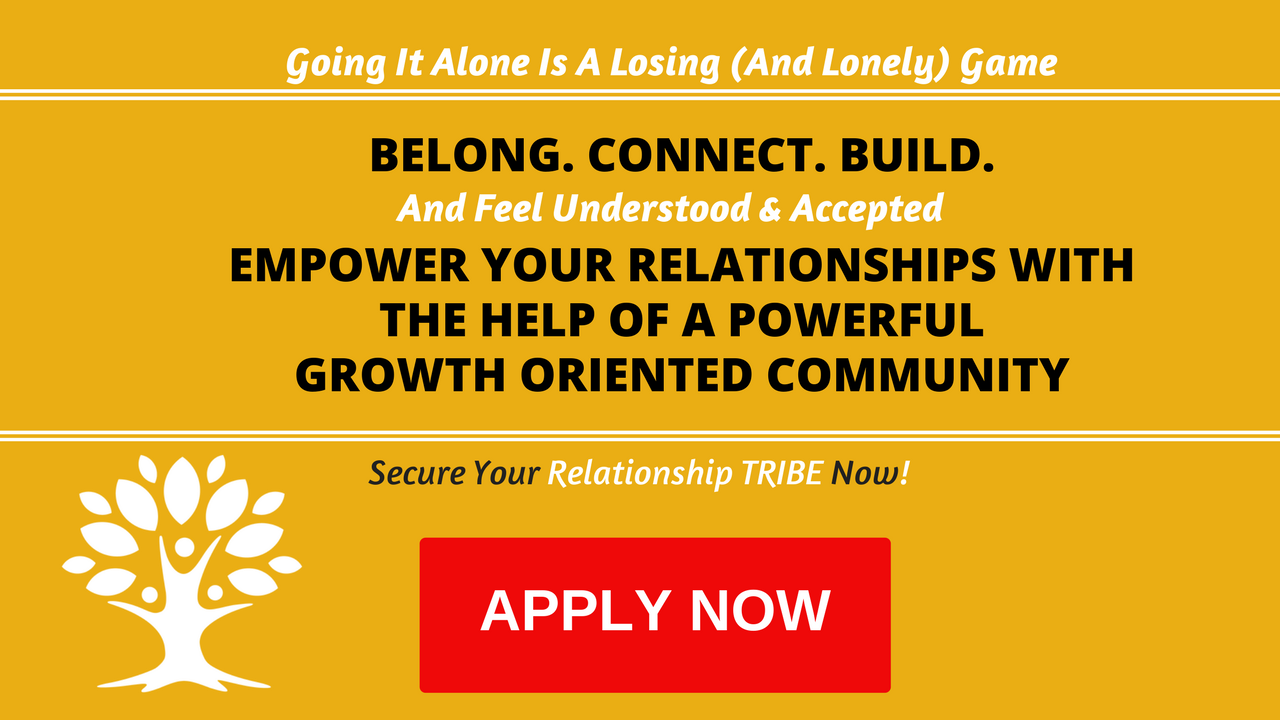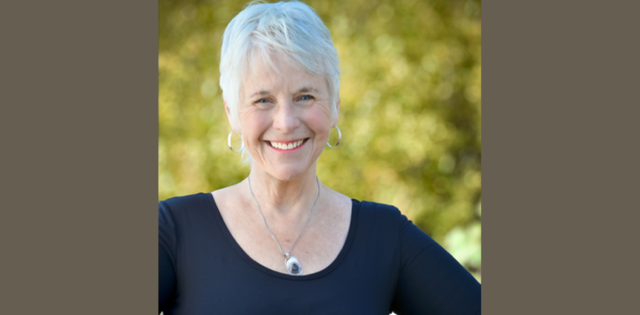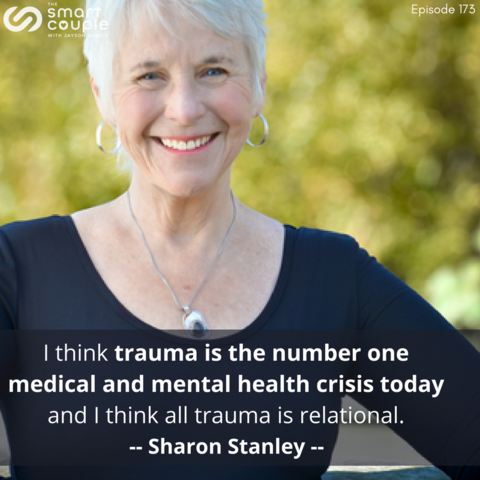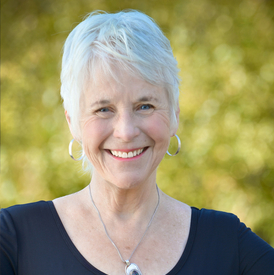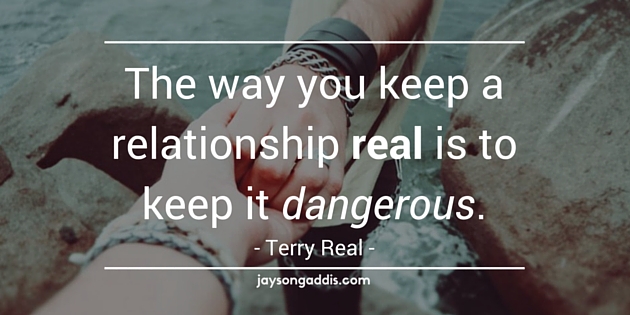How Some Men Show Their Love To A Woman
The most essential human need (after the basic survival needs) is to be loved – to feel loved and accepted as we are. So many people go on for years wanting love and not knowing how to get it or advocate for it. They end up feeling perpetually frustrated, unloved, and unfulfilled. There is another way…
Do you actually know what you need from your partner to feel loved?
Do you speak up and ask for it?
Or do you keep hoping your partner will somehow figure it out or change or express love like you do?
Don’t do this!
You will only frustrate more and create tension when what you really want is connection.
Instead, be proactive. Learn. Explore. Inquire. And share.
When it comes to feeling loved you might be speaking different languages.
Did you watch the short video? Are you this man? Do you show love this way?
Or, is this your man? If so, he’s probably showing his love in the way that he learned through his conditioning and upbringing. We all do this. We make choices based on our values and preferences largely influenced by the way we were raised.
And when you partner with someone, you join your values with theirs. This is where things can get tricky (and sticky).
One of you values work, while the other values connection. One of you expresses love by doing things and the other through touch and conversation. You’re speaking different languages! Simple right?
But painful when you forget this.
This inability to communicate in each other’s values causes you to feel missed, misunderstood, uncared for, and unloved. And if you cannot find a way to learn each other’s values you will remain caught in a struggle.
So what can you do? Acknowledge and advocate.
Take off your blinders of blame, resentment, or judgment and start to see how your partner shows his love. It may be different from your way. Be curious. Get to know what matters to your guy and what love looks like in his language. See if you can acknowledge him and understand what he cares about and how that translates into his expression of love – for you.
At the same time get clear about what works for you. Own it. Communicate that to your partner to educate him about your way and your needs. If you want more emotional connection from him, teach him about why that matters to you and celebrate him when he’s offering it.
This may feel incredibly uncomfortable. Growth often is.
Be willing to get vulnerable. Be willing to speak up for what works for you. Let yourself be seen and known in this way.
Remember that in a mutual relationship, both of you are invested in learning how to love each other as best as you can. This not only strengthens the relationship, it creates the kind of safety where feelings of being accepted and loved can blossom.
As you get to know each other’s values and language, the conversation and relationship can deepen. And you can actually feel loved in a way that speaks to you!
Still not sure what to do? Join The Relationship School® to learn how to deal with your differences.


